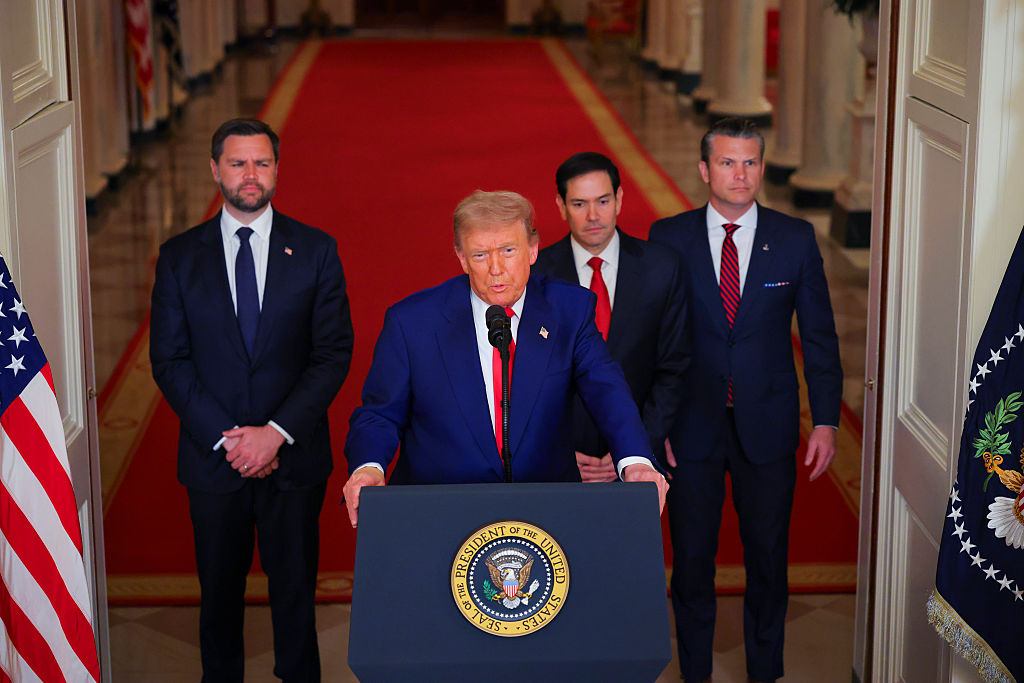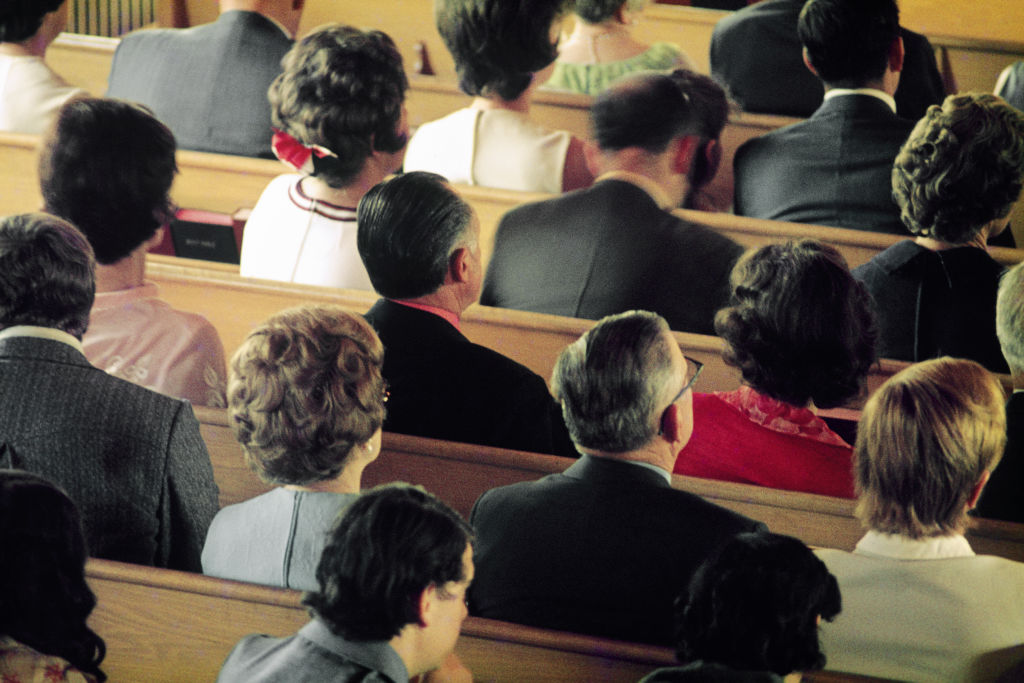When I was a young attendee of a Charismatic Christian church, people were very keen to make themselves look ‘cool’. There was Christian rock. There was Christian rap. There was something called The Street Bible, which reframed Biblical stories through a modern lens.
I don’t want to be too mean about this stuff. Some of the Christian rock was pretty good. The Street Bible had a sense of humor about itself. Even the rap wasn’t that bad. (I say that because I know what you are imagining. ‘My name is Ben and I’m here to say/Worship God and don’t be gay.’)
Hillsong, at the time, was a very cool church. They had enormous services, and hit songs, and pastors who looked as if they had walked out of daytime television. Founded in Australia in the 1980s, Hillsong branched out across the globe, from the US, to Russia, to Israel, on the back of glossy marketing and guitar-driven worship songs. In the 2000s, Hillsong achieved more recognition through its close relationship with mainstream celebrities. Justin Bieber, Chris Pratt and Kevin Durant are all members.
Bieber was an especially notable catch. The young singer was drifting towards a life of dissolution when he made a sudden recommitment to his faith under the guidance of Carl Lentz, lead pastor of Hillsong Church NYC. Lentz, who resembles an aging boy band member clinging on to a solo career, was seen with Bieber all over the place.
It would be spiteful to suggest that Lentz and Bieber were not true friends — but also silly to suppose that the lead pastor would have made as much time for someone without Bieber’s cultural cachet. Well, a church has to make itself known. But at what cost? Hillsong NYC put celebrities front and center, which, as one churchgoer told the New York Times, ‘doesn’t feel like something Jesus would do.’
Lentz turned himself into a brand. His Instagram is full of photos of his sharp suits, hipster glasses, rippling biceps and mid-life crisis jackets. Even when he addresses social causes, he is self-involved, in the classic manner of the modern ‘influencer’. One post halves the faces of the late Ahmaud Arbery and Lentz’s bespectacled young son in an attempt to make a point about ‘white privilege’ that ends up reeking of narcissism and exploitation.
One problem with turning yourself into a celebrity is that your failings become scandals. Lentz was fired from Hillsong in November for cheating on his wife. His mistress, seeing the chance to get her 15 minutes, sold her story to the press. Other women have come forward with claims about sexual relations with Lentz, and Hillsong have announced that they have decided to appoint a third-party legal team to ‘conduct an in-depth review and investigation into all concerns and any wider cultural issues’.
Lentz’s actions are a matter for his family and his faith. There is an irony, though, in how whenever Christians seem to attach themselves to mainstream culture, with all its vices, in the hope of drawing people towards God, they seem to get drawn towards vice. Jerry Falwell Jr was a similarly public, if ideologically different, evangelical who acquired fabulous wealth and fame before being swept off by an avalanche of accusations of sexual impropriety.
Making yourself a very public representative of God, rather than a humble messenger, is a dangerous business when you are — like all of us — a very flawed human being. When you add in all the sweet temptations of wealth and fame, that becomes especially true. If you put yourself up on a pedestal you have further to fall, and when you are a religious authority, unlike an artist, or an athlete, or even a politician, your rectitude is your only excuse for being there.
***
Get a digital subscription to The Spectator.
Try a month free, then just $3.99 a month
***
This case also asks questions about the church itself. I have no doubt that Hillsong NYC, under Lentz’s leadership, enriched thousands of lives. Even young Mr Bieber has avoided legal controversies and settled down with his wife since joining Hillsong. Good luck to him! Still, it seems to represent what I call the ‘…with a twist of Christianity’ trend. There is mainstream culture, celebrities, fashion, music, modish political activism and a message of self-love, but with a twist of Christianity. Most people stick with mainstream culture because they can have all those things and pre-marital sex.
We can see the ‘…with a twist of Christianity’ trend elsewhere. Falwell was representative of the right-wing, business-oriented evangelicals who offer capitalist self-enrichment and hubristic jingoism…with a twist of Christianity. Then there are progressive Christians of whom Nadia Bolz-Weber is an extreme example, who promote the usual left-wing causes…with a twist of Christianity. While different in beliefs, such people share patterns of thought: the former believe secular individualists mysteriously share God’s wishes for what should be done with money while the latter think that secular progressives mysteriously share God’s wishes for what should be done with bodies. So, if Christianity is such an inessential add-on, why become a Christian?
I am not religious, so it is not my place to dictate to Christians what they should and should not believe. Still, if someone has a faith worth following, I feel that their beliefs should make me feel uncomfortable for not doing so. If they share 90 percent of my lifestyle and values, then there is nothing especially inspiring about them. Instead of making me want to become more like them, it looks very much as if they want to become more like me. That, sadly, appears to have been true of Lentz and his celebrity acquaintances.

























